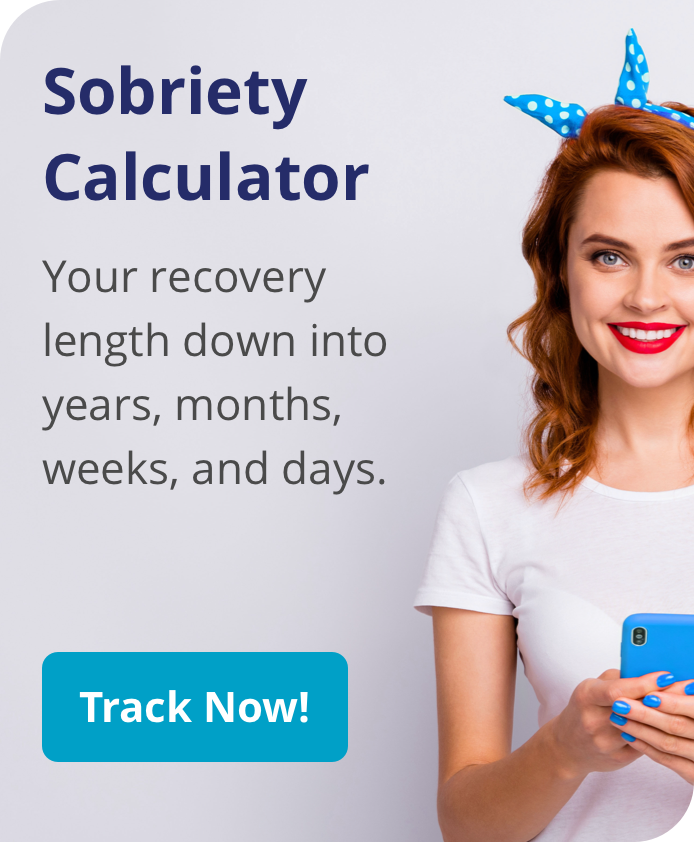By: Lisa B., Transformations Alumni Coordinator
Seasonal depression, or Seasonal Affective Disorder (SAD), can be extremely challenging, especially for those of us in recovery. As the clocks set back last night and the dark crept in, I was reminded of the importance of upping my self-care routine.
The onset of colder, darker days during the fall and winter months can cause feelings of isolation, fatigue, and just an overall crummy mood. Daylight savings time can exacerbate these symptoms, as the sudden loss of daylight disrupts the circadian rhythms and impacts mental well-being. For those in recovery, these seasonal shifts present some extra hurdles. Awareness is key. With awareness and some planning, it is possible to manage the time change and all of the not-so-fun things that come along with it.
So, where does SAD even come from and how does it work? Basically, the changes in light exposure and weather. Reduced sunlight disrupts the body’s biological clock, causing all sorts of issues. If you work a 9-5 office job, odds are that during this time of year, you will be seeing very little sunlight each day. This can have major consequences, and the changes can even lead to depression in some people. And for those of us in recovery? These shifts in mood can be huge triggers that even lead to potential relapses if we are not careful. So, what can we do?
First things first, get creative and find ways to get outside into that sunlight! Even if it is an overcast day, just being in the daylight can have some great benefits. Just 10-15 minutes a day can make a difference. Wake up a few minutes earlier so you can drink your coffee outside or even take a short walk. If it’s cold out, find a spot in your house to drink your coffee, soak in some rays while you meditate, and set your intentions for the day! On your lunch break, ditch the lunchroom if possible and encourage your co-workers to grab a bite to eat out of the office. Not only will you increase your support network (isolation is a huge problem during winter months), but you will also be catching some much-needed vitamin D.
It is also incredibly helpful to keep your routine! During the winter months, it can be easy to slip into a slower pace, which is fine, but not when it keeps you isolated or stagnant. Having a consistent schedule can provide a sense of accomplishment, especially for people in recovery! It is easier to stay on track this way, with both one’s self-care and recovery routines. Improving one’s physical health can also help improve one’s mental health. Making sure we carve out regular times to cook and eat nutritious meals is critical. Adding some exercise to one’s routine is also a major bonus as it boosts serotonin and dopamine, two important neurotransmitters that tend to struggle during these darker months. If it is too cold outside, try to add a short home workout to your daily schedule.
Last but not least, as mentioned above, stay connected! It can be so easy to make excuses to skip our weekly recovery commitments when the days are shortened, and darkness creeps in at 5 pm. Not only is this breaking our routine, but it is also separating us from our supports, which is risky business in recovery. If you find yourself struggling with staying connected during the time change, do not hesitate to reach out to the alumni team for support!




